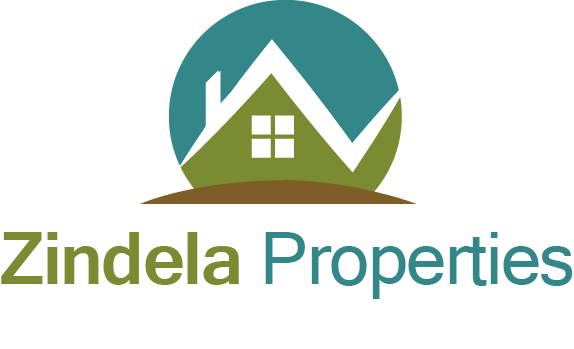This website uses cookies
This website uses cookies to enhance your browsing experience. By clicking “Accept,” you consent to our use of cookies for analytics, personalized content, and ads, as described in our Cookie Policy. For more information on how we process your data, please see our Privacy Policy and Terms and Conditions.
